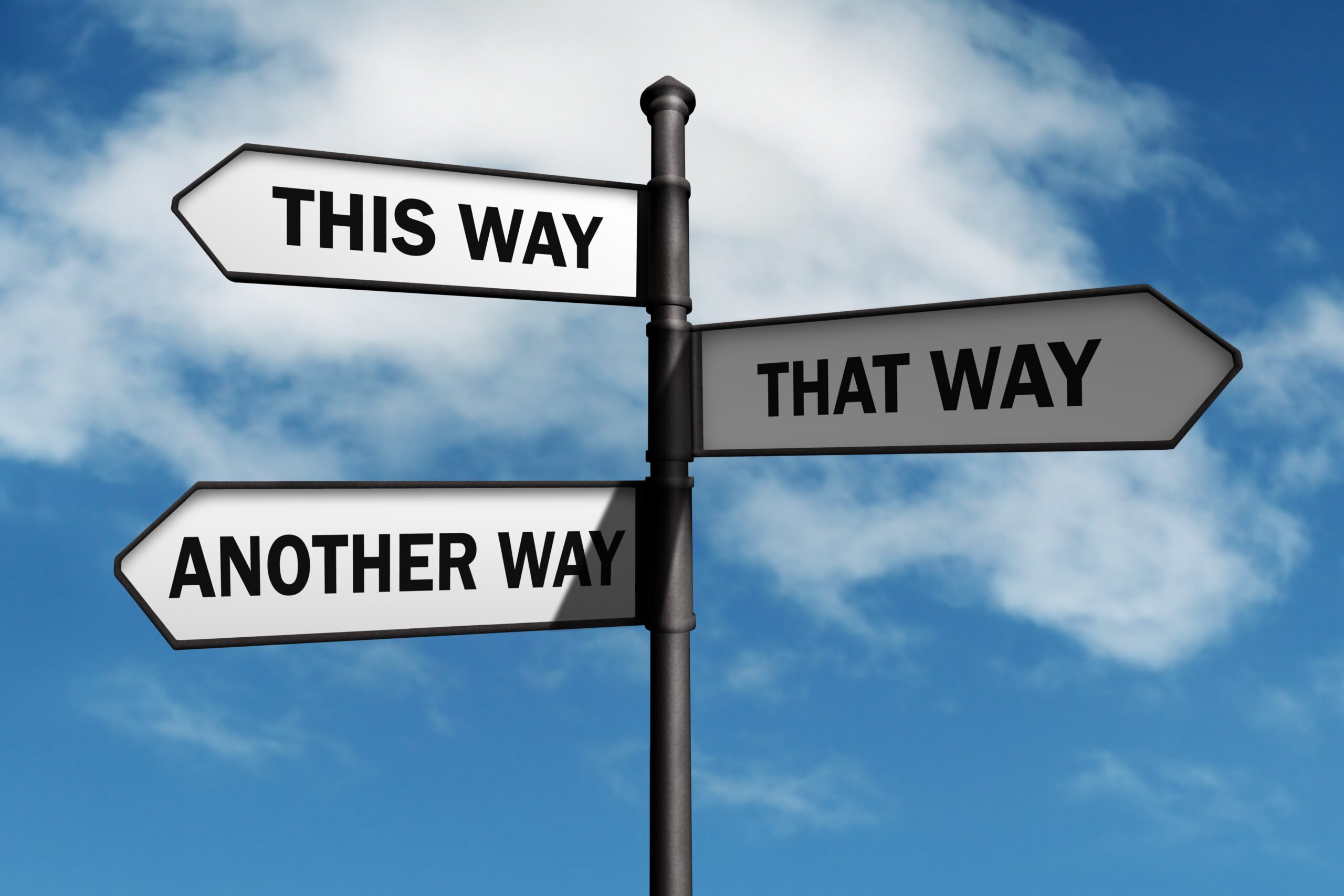Treating chronic pain
People used to think that pain was physical or psychological. Nowadays, we know that pain and thus chronic pain are influenced by your nerves, but also by your brain. Your brain determines the extent to which you experience pain. It determines the extent to which substances are produced to amplify pain or dampen pain. So the treatment of chronic pain should also focus on the role of the brain.
If you have a fire alarm that keeps giving false alarms, you want to get it fixed. Your chronic pain is actually a false alarm. You want to fix that one as much as you can. So you want to make sure your pain system becomes less sensitive.

snippet of a podcast
What intensifies your pain?
If you expect pain, it produces a lot of pain. If you see a dog and you are afraid of being bitten, your pain gets worse. There was a study in which people were told that keeping a blood pressure monitor on for as long as possible strengthened your muscles. Another group was told that the blood pressure monitor was used to measure your pain tolerance. So you were encouraged to keep the blood pressure monitor on as long as possible. The group that was told it would strengthen your muscles kept it on the longest. So information affects the production of pain-relieving or pain-enhancing substances.
So you have to make sure your brain produces substances to dampen the pain. How you think about your pain can affect the amount of pain you feel. When you realise that your pain is a false alarm that can no longer cause harm, it helps reduce the pain.
Treating chronic pain
Some people naturally have a disturbed pain system with a lot of pain. In addition, there are many other factors that affect the disturbed pain system.
Chronic pain affects your functioning in all areas, which can cause a lot of tension. To break this negative cycle, five things are needed:
- find more information on chronic pain to reduce anxiety
- learn to manage your physical and mental limits well.
- Gain insight into what it does to your thoughts and your emotions, thereby reducing stress and tension.
- Find people around you to share your concerns and experiences with and ask for help.
- and finally: make a plan learning to deal with your pain.

What is the best treatment?
Over the years, the Pain Hope Foundation has accumulated a lot of knowledge and experience on dealing with chronic pain. Yet we do not give advice on what is the best treatment, the best research or the best medicine. Every person is different. So there is not one treatment for chronic pain that works for everyone.
This is also because there are many different causes of chronic pain. Biological but also social and psychological factors play a role in maintaining pain.
When treating chronic pain, you need to pay attention to all these points the biopsychosocial approach they call it. Discovering what aggravates or reduces your pain and how you can influence it is important for your recovery. In addition, finding a balance between load and load capacity. Experiencing your limits and taking rest in time help you learn to deal with chronic pain.
We do provide a training "learning to live with chronic pain" from which everyone can benefit.
.